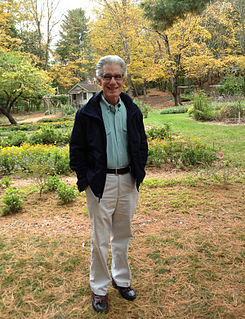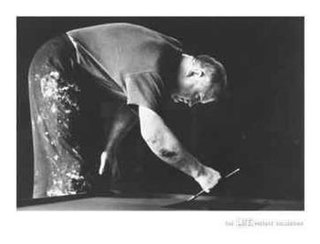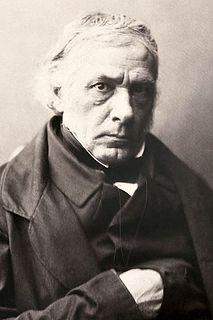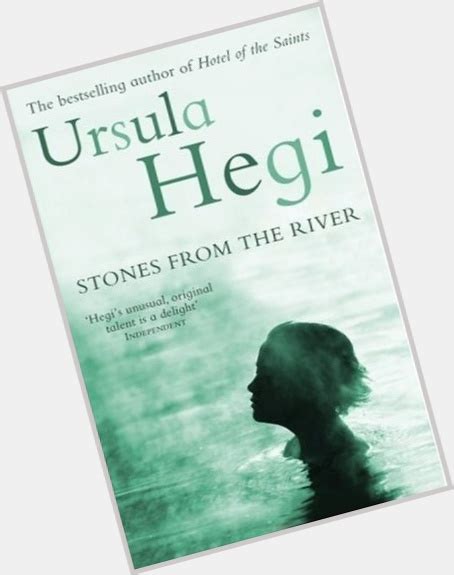A Quote by Vincent Van Gogh
Keep your love of nature, for that is the true way to understand art more and more.
Related Quotes
Art on the contrary sought this harmony in practice [of art itself]. More and more in its creations it has given inwardness to that what surrounds us in nature, until, in Neo-Plasticism, nature is no longer dominant. This achievement of balance may prepare the way for the fulfillment of man and signal the end of (what we call) art.
I know now that he who hopes to be universal in his art must plant in his own soil. Great art is like a tree, which grows in a particular place and has a trunk, leaves, blossoms, boughs, fruit, and roots of its own. The more native art is, the more it belongs to the entire world, because taste is rooted in nature. When art is true, it is one with nature. This is the secret of primitive art and also of the art of the mastersMichelangelo, Czanne, Seurat, and Renoir. The secret of my best work is that it is Mexican.
True values entail suffering. That’s the way we think. All in all, we tend to view melancholia as more true. We prefer music and art to contain a touch of melancholia. So melancholia in itself is a value. Unhappy and unrequited love is more romantic than happy love. For we don’t think that’s completely real, do we?…Longing is true. It may be that there’s no truth at all to long for, but the longing itself is true. Just like pain is true. We feel it inside. It’s part of our reality.
And that is the trouble with all lovers: they want more love, because they don't understand that the real desire is not for more love, but for something more than love. Their language ends with love; they don't know any way that is higher than love, and love does not satisfy. On the contrary, the more you love the more thirsty you become. At the fourth center of love, one feels a tremendous satisfaction only when energy starts moving to the fifth center.
When I listen to love, I am listening to my true nature. When I express love, I am expressing my true nature. All of us love. All of us do it more and more perfectly. The past has brought us both ashes and diamonds. In the present we find the flowers of what we've planted and the seeds of what we are becoming. I plant the seeds of love in my heart. I plant the seeds of love in the hearts of others.
One of the problems with industrialism is that it's based on the premise of more and more. It has to keep expanding to keep going. More and more television sets. More and more cars. More and more steel, and more and more pollution. We don't question whether we need any more or what we'll do with them. We just have to keep on making more and more if we are to keep going. Sooner or later it's going to collapse. ... Look what we have done already with the principle of more and more when it comes to nuclear weapons.
The one object of fifty years of abstract art is to present art-as-art and as nothing else, to make it into the one thing it is only, separating and defining it more and more, making it purer and emptier, more absolute and more exclusive - non-objective, non-representational, non-figurative, non-imagist, non-expressionist, non-subjective. the only and one way to say what abstract art or art-as-art is, is to say what it is not.
What I mean is that if you really want to understand something, the best way is to try and explain it to someone else. That forces you to sort it out in your mind. And the more slow and dim-witted your pupil, the more you have to break things down into more and more simple ideas. And that's really the essence of programming. By the time you've sorted out a complicated idea into little steps that even a stupid machine can deal with, you've learned something about it yourself... The teacher usually learns more than the pupils. Isn't that true?







































